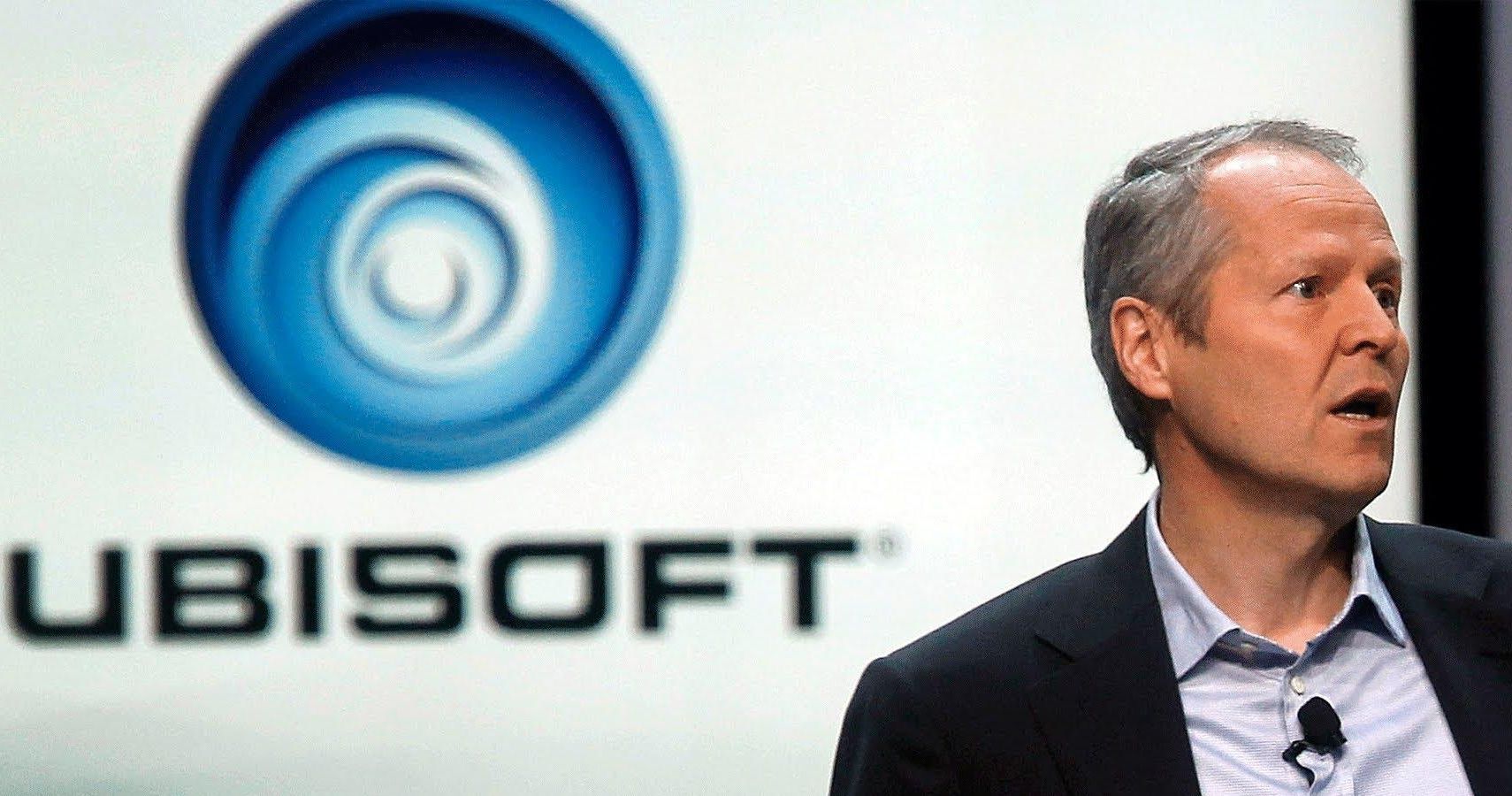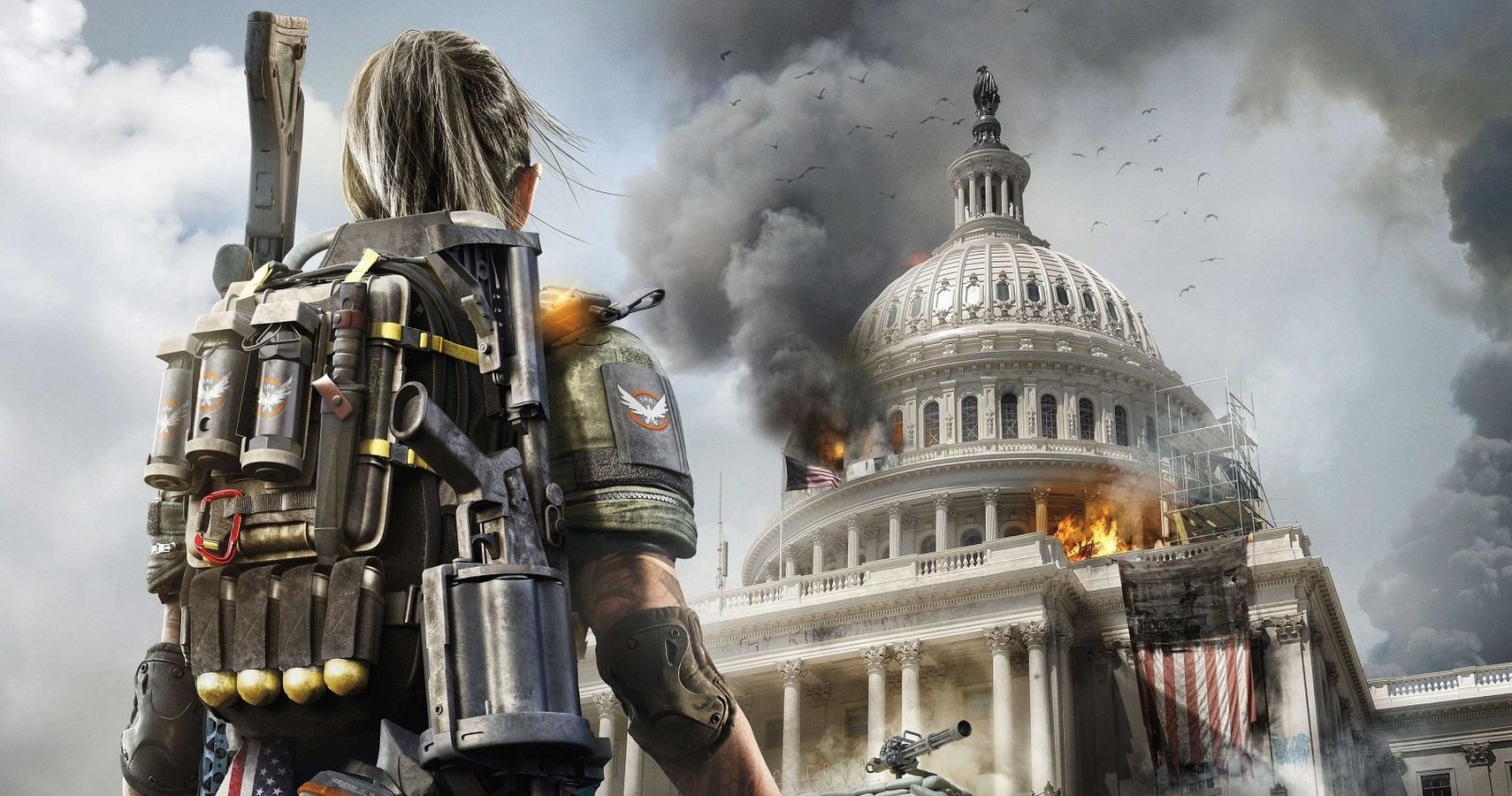In a recent interview with Yves Guillemot, CEO of Ubisoft, James Batchelor from Games Industry had the opportunity to chat about the often-blurred lines between politics and the content they produce. When asked directly if the games made at Ubisoft are meant to be political, Guillemot replies with the customary PR-approved line, “Our games have a goal to make you think about the different possibilities. We want to show the different opinions that exist and then you have to make your own.”
The discussion continued further along that theme, as it should, when one considers the type of material that Ubisoft covers in its games. Watch Dogs 2 included themes of racism and racial profiling, while Far Cry 5 included religious extremism. However, neither game made the resolution or meaningful discussion of those themes as a central part of their games. Instead, each treated the problems and potential solutions in superficial ways.
Still, the very inclusion of those kinds of themes are sufficient to draw the ire of internet trolls, as well as make the topic a frequent point of discussion among executives at Ubisoft.
In Ghost Recon Wildlands, we see another attempt to shine a light on issues that are pressing in that region of the world. Specifically, themes of the drug trade and the effects on the population there are presented, but once again in a superficial way, as the game is presented only through a singular viewpoint, and in the end, the US Special Forces arrive to save the day.
Prior to the release of the game, Ubisoft’s UK Marketing team commissioned a documentary on the facts tied to the themes of the game.
While such a documentary can shine a light on the issues faced in Bolivia, one must also wonder if this is little more than a marketing tool to drum up sales for their game. Since the release of both game and documentary, Ubisoft has done nothing to further raise awareness about the problems it chose to highlight in its documentary. It was a one-and-done publicity move and seems disingenuous, as little more than marketing for its game.
Further, the Bolivian government was quick to file a formal complaint with the French embassy in La Paz, capital city of Bolivia. There, the Bolivian Interior Minister Carlos Romero stated that in regard to the portrayal of the country as controlled by drug traffickers, “We have the standing to do it [take legal action], but at first we prefer to go the route of diplomatic negotiation.”
This is why making games with a political theme at the central plot is a delicate proposition, to say the least. If the developers of games at Ubisoft mean well, but provide only superficial coverage of complex issues, they come off as disingenuous. However, being too political on purpose also has its pitfalls. Only recently did NetherRealm Studios endure a lengthy campaign of harassment following the release of Mortal Kombat 11. There, the storyline of character of Jax Briggs was considered to be too political, and angry internet trolls engaged in review bombing the game on aggregate review sites.
Ultimately, there is no simple way to judge what is too political for a game within what is supposed to be entertainment, but even dipping a toe into controversial waters can bring about a flurry of problems.
Source: Gamesindustry.biz, Reuters.com


